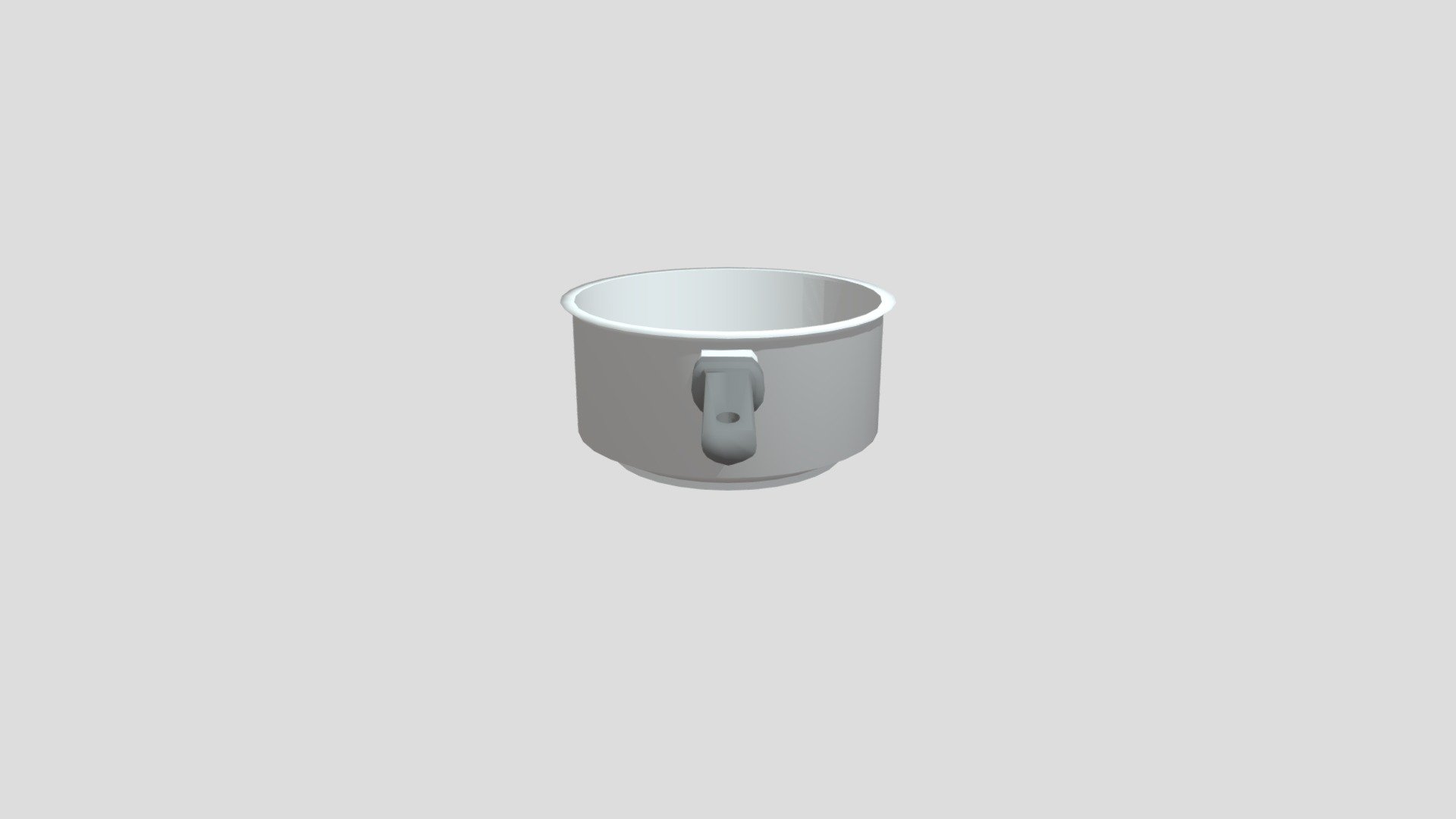In our world that's very much connected, the idea of personal information spreading online can feel quite unsettling, you know? It's something many folks worry about, especially when certain phrases, like "subhashree sahu leaked videos," start to appear in conversations or searches. This kind of talk brings up bigger questions about how our private moments are kept safe, or really, how they might not be, in this very public digital space. It makes us think about the stories that travel fast across the internet and what that means for people's lives and their sense of peace.
When we hear about things like private videos possibly getting out, it just highlights a big, looming concern for anyone who spends time online. There's this constant push and pull between wanting to share bits of our lives and needing to keep some parts just for ourselves. The sheer speed at which digital content can move, perhaps from a private message to a public platform, is, like, truly astonishing. It’s a pretty stark reminder that once something is out there, it can be nearly impossible to pull it back completely, a rather sobering thought for most of us.
So, we're going to talk a bit about how digital information behaves, what it means for your own private world online, and the tools that make data move around so freely. We'll explore the risks that come with having a presence on the internet, and what happens when private moments might become part of a wider discussion, perhaps without permission. It’s a good moment to just think about the bigger picture of digital safety and the impact online happenings can have on someone's life.
Table of Contents
- Understanding Digital Footprints and Online Presence
- How Vulnerable Is Our Digital Life When It Comes to Subhashree Sahu Leaked Videos?
- The Speed of Information Sharing: What Happens When Data Gets Out?
- Can Digital Content Be Altered or Manipulated Before We Even See It?
- The Challenge of Controlling Online Narratives
- What Steps Can People Take to Protect Their Digital Privacy From Things Like Subhashree Sahu Leaked Videos?
- What Are the Broader Implications for Online Safety and Personal Boundaries?
- Thinking About Responsible Online Behavior
Understanding Digital Footprints and Online Presence
Every time someone goes online, whether they're just browsing, sharing a photo, or sending a message, they leave behind a little trail. This trail, often called a digital footprint, is like a record of their activities and information that lives on the internet. For someone like, say, Subhashree Sahu, or really anyone with an online presence, this footprint can include all sorts of things: what they post on social media, articles they might be mentioned in, or even just the public information connected to their name. It's almost as if every click and every share adds another tiny piece to a very public puzzle, you know?
This digital presence can be a wonderful thing, allowing people to connect and share ideas. But it also means that personal details, once they're out there, can be more accessible than we might think. It's a bit like having a public diary that anyone could potentially read, even if you thought it was locked away. The more someone is in the public eye, or just uses the internet a lot, the more extensive their digital footprint tends to be, which is pretty much the case for many folks today.
When discussions arise about sensitive topics, like the phrase "subhashree sahu leaked videos," it immediately brings into focus the delicate nature of these digital footprints. It shows how something deeply personal can become a subject of wide discussion, perhaps without the individual's consent or even their knowledge. It’s a powerful reminder that our online identities are not always fully under our own command, which can be a rather unsettling thought for many people who value their privacy.
Here’s a general look at the kinds of online data points that make up a digital presence, not specific to any one person, but just broadly what exists:
| Category of Online Data | Description of Information Type |
|---|---|
| Public Social Media Posts | Photos, comments, status updates shared on platforms that are visible to a wide audience. |
| Professional Profiles | Information found on work-related sites, like career histories or skills lists. |
| News Mentions | Any articles, reports, or stories where a person's name might appear. |
| Public Records | Information that is legally available to the public, sometimes accessible through online databases. |
| Website Registrations | Data provided when signing up for various online services or newsletters. |
| Online Purchases | Records of items bought from e-commerce sites, which can sometimes be linked to profiles. |
| Forum Discussions | Contributions to online message boards or community discussions. |
How Vulnerable Is Our Digital Life When It Comes to Subhashree Sahu Leaked Videos?
It’s a pretty common thought that our phones and computers are secure, but the truth is, they can be quite susceptible to outside forces. Think about it: if even very large organizations, like those mentioned in "My text" that apparently use undisclosed security vulnerabilities to get into software, can find ways around digital protections, then it's a bit of a wake-up call for everyone else. This means that the devices we carry around, the ones holding our most private moments and conversations, might not be as impenetrable as we hope. It's a rather stark reality that if someone with advanced tools can get in, then others, perhaps with less noble intentions, might find similar ways to access our digital spaces. This is a very real concern for anyone, and it tends to be a worry that grows with our reliance on digital tools.
The Speed of Information Sharing: What Happens When Data Gets Out?
When information, particularly something sensitive, gets out into the public digital sphere, it moves with an almost unbelievable quickness. We see this happen all the time, where documents or files that were once private suddenly become accessible to many people, sometimes through platforms designed for wide distribution. "My text" talks about how WikiLeaks published various documents, from the Elsa project to the Grasshopper framework, and even a huge database of procurement requests. This shows us that when information is released, it can spread far and wide, very, very rapidly. It's like a ripple effect, where one small disclosure can lead to a massive wave of public awareness, or even unintended consequences, which is something to consider for anyone's private data, including any discussion around "subhashree sahu leaked videos."
The moment something private becomes public, it enters a space where it can be copied, shared, and discussed by countless individuals. This kind of widespread access means that controlling the narrative or pulling back the information becomes an incredibly difficult task, if not nearly impossible. It’s a phenomenon that truly highlights the lasting nature of digital information, and how once a piece of data is out, it tends to stay out, changing hands and appearing in new places, which is a rather significant challenge for personal privacy in our connected world.
Can Digital Content Be Altered or Manipulated Before We Even See It?
A concerning aspect of digital information is how easily it can be changed or tampered with. "My text" mentions a project that enables a way to suspend processes using webcams and corrupt video recordings. This points to the fact that digital media, including videos, might not always be what they seem. Tools exist that can alter files, combine different pieces of information, or even make it seem like something happened when it didn't. This capability to modify digital content means that what we see online might not always be the original or a true representation of events, which is a rather important point to remember when encountering any kind of media online, especially if it's sensitive in nature, like the phrase "subhashree sahu leaked videos" suggests.
Think about services that let you work with PDF files, like iLovePDF, which "My text" mentions as being completely free and easy to use for things like merging, splitting, compressing, or converting documents. While these tools are very helpful for everyday tasks, they also show how simple it is to manipulate digital files. You can take different parts of documents, put them together, change their format, or make them smaller to share more easily. This ease of manipulation applies to many types of digital content, not just PDFs. It means that videos, images, or audio files could potentially be edited or combined in ways that change their original meaning or context, making it a bit harder to always trust what you see or hear online, which is a pretty big deal for maintaining a clear understanding of reality.
This ability to modify and then widely share digital content adds a whole layer of complexity to online discussions, especially when they involve personal privacy. It means that verifying the authenticity of content becomes a really important skill for anyone who spends time online. It's a good idea to always approach new information, especially if it seems sensational, with a healthy dose of skepticism, because what appears to be real might actually be a cleverly put-together fabrication, which is a rather unsettling thought for many people who rely on online information.
The Challenge of Controlling Online Narratives
Once information, whether it's accurate or not, starts circulating online, it becomes incredibly difficult to manage its spread or change the story that people are telling. It's like trying to put toothpaste back in the tube once it's squeezed out; nearly impossible, you know? The internet acts as a massive echo chamber where ideas and content, even if they're based on partial truths or outright falsehoods, can gain momentum very, very quickly. This makes it a real challenge for individuals or even organizations to correct misinformation or reclaim their personal story once it has been taken in a direction they didn't intend, which is a pretty significant hurdle in our digital lives.
What Steps Can People Take to Protect Their Digital Privacy From Things Like Subhashree Sahu Leaked Videos?
Protecting your digital privacy in this fast-moving online world requires a bit of effort and awareness, actually. One really good step is to be very careful about what you share online, and with whom. Think before you post, share, or even comment, because once something is out there, it's very hard to take it back completely. Another important thing is to use strong, unique passwords for all your accounts and to turn on two-factor authentication whenever it's available. This adds an extra layer of protection, making it much harder for someone to get into your accounts even if they somehow guess your password, which is a rather smart move for anyone who values their online security.
Regularly checking the privacy settings on your social media profiles and other online services is also a smart idea. Make sure you know who can see your posts, your photos, and your personal information. Sometimes, these settings change with updates, so it's a good habit to review them periodically, just to be sure. Also, be wary of clicking on suspicious links or downloading files from unknown sources, as these can be ways for unwanted software to get onto your devices and potentially access your private data. It's like being a bit more cautious in a busy street, just to keep yourself safe, which is pretty much common sense in the digital world too.
Finally, being aware of the kind of information that's publicly available about you is helpful. You can do a quick search of your own name online to see what comes up. This gives you a sense of your own digital footprint and might alert you to any information you didn't realize was public. If you find something concerning, there might be steps you can take to have it removed or at least to understand its source. It's all about being proactive rather than reactive when it comes to your online presence, and that, is that, a pretty good way to approach digital safety.
What Are the Broader Implications for Online Safety and Personal Boundaries?
The discussions around things like the phrase "subhashree sahu leaked videos" bring up much bigger questions about online safety and where our personal boundaries lie in the digital age. It's not just about one person or one incident; it's about the general vulnerability that everyone faces when their lives are so intertwined with the internet. This kind of situation really highlights the need for stronger protections for individual privacy, and perhaps even better ways for people to report and get help when their private information is compromised. It makes us think about what kind of online world we want to live in, one where personal space is respected, or one where anyone's private moments could become public at any time, which is a rather significant societal question.
It also pushes us to consider the responsibility of platforms and services that host and share content. Should they do more to prevent the spread of private or harmful material? And what about the responsibility of individuals who encounter such content? Is it enough to just scroll past, or do we have a role in not contributing to the spread of potentially damaging information? These are complex questions without simple answers, but they are very important ones for us to think about as we continue to spend more of our lives online. It's about building a more respectful and secure digital environment for everyone, which is, in some respects, a continuous effort for all of us.
Thinking About Responsible Online Behavior
As we navigate our digital lives, it's very clear that being responsible in how we interact with information online is incredibly important. This means not just protecting our own privacy, but also being mindful of others' privacy. When we come across sensitive content, or even just rumors, it's a good idea to pause and think before sharing or commenting. Spreading unverified information, especially if it concerns someone's private life, can have really serious consequences for the person involved. It's a bit like the old saying: think before you speak, but now, think before you click 'share', which is pretty much a good rule for the internet.
The speed at which information can spread means that our individual actions have a collective impact. Every share, every re-post, can amplify a message, whether it's true or false, helpful or harmful. So, being a thoughtful and ethical participant in online communities is something we should all aim for. This means questioning sources, considering the potential harm of what we share, and choosing not to contribute to the spread of content that might violate someone's privacy or cause them distress. It’s about building a digital space where respect and safety are priorities, and that, is actually a shared responsibility for everyone online.


